Learning Lab Live Take-aways: Community Development Financial Institutions Fund
Funding opportunities —or the lack thereof—for BIPOC, including women of color, and entrepreneurs, continues to be a key issue of concern highlighted by members of the New Voices family and community, as well as a media hot topic. So, we’re taking a look back at one of our Learning Lab™️ LIVE sessions from June 2020 that addresses alternative or lesser-known funding opportunities —”CDFI Funding and Support for Entrepreneurial Businesses.” The session was led by Tunua Thrash-Ntuk, Executive Director, Los Angeles LISC, with support from guest entrepreneurs —April Showers of AfroUnicorn; Janiece Russell of Magic Hair Company; Alicia Culbertson; and Robin Thorne of CTI Environmental Inc. This Learning Lab™️ LIVE session answered a few key questions that can help entrepreneurs in their quest for access funding at the community level.
- What are CDFIs, and how do they differ from traditional banks?
The acronym “CDFI” stands for Community Development Funding Institution. CDFIs are certified by the U.S. Department of Treasury. And, they have one or more of the following core functions:
-
- Pooling public and private dollars, they raise funding/capital garnered via federal, state, and local governments as well as corporations, and philanthropic organizations, respectively, and pool the funds to support their community efforts.
- Working with local partners, they set up local, community offices and develop relationships with community-based partner organizations to provide grants to other nonprofit organizations, loans, equity, and technical assistance across the country. When necessary, they also advocate for local, regional, and national policy to support improving lives and livelihoods in the communities they serve.
- Support community members and spaces; they invest in housing, jobs, businesses, safe community spaces, etc.
- Why are CDFIs good partners for entrepreneurs and small businesses?
If community businesses are unable to obtain loans/access to capital from traditional banking institutions, they may qualify for loans/grant assistance via the CDFI(s) operating in their communities. CDFIs also offer professional and business development opportunities, including sponsored university classes, educational webinars, and toolkits.
- How can entrepreneurs and small businesses gain access to CDFIs in their communities?
Well, this can happen in a number of ways:
- Entrepreneurs can ask local banks in their communities for referrals to CDFIs in the area
- Opportunity Finance Networks, the national trade organization for CDFIs, CDFI Locator tool can point entrepreneurs in the direction of CDFIs in their area that can service their business and professional development needs.
- The U.S. Department of Treasury’s CDFI Fund website provides information about the national CDFI program and may provide listings of certified CDFIs.
Beyond learning more about CDFIs and how they can support small businesses, this session also covers why, when, and how startup businesses should take on debt. It also provides insights and firsthand accounts from entrepreneurs who have partnered with and accessed resources through CDFIs. Access all of this valuable information immediately by clicking the “Watch Now” button below.

